ARTICLES > LIFE STORIES
HOW I LEARNED TO LISTEN TO MY GUT
In the first of our coeliac disease stories, podcaster Ben Hampton shares the journey of his coeliac disease diagnosis, the surprise of developing an autoimmune condition despite a healthy lifestyle and the need for men to be proactive in seeking help.
By Ben Hampton
I’ve always considered myself fit and healthy, working in a labouring career, eating a nutritious diet, drinking minimal alcohol and working out two or three times a week. I never thought I’d develop an autoimmune disease and that gluten, of all things, would become so detrimental to my health.
My coeliac disease symptoms began when my two-year-old daughter caught a gastro bug at the beginning of 2020, passing it onto my wife and me (the joys of daycare!). They both fully recovered within days, but I continued to experience waves of sickness throughout the year. I started developing pain after eating certain foods and began losing a huge amount of weight. I lost around 10 kilos that year – friends and family would comment that I looked frail and gaunt, and I certainly felt that way.
A PAINFUL MYSTERY
I started a food diary, discovering that foods such as bread, pasta, pizza and ice cream would make me feel bloated and sick the following day. My doctor couldn’t pinpoint the cause but was almost certain it wasn’t food related and urged me not to change my diet. (I’m now grateful for that advice; if I’d stopped eating gluten, I wouldn’t eventually have had accurate coeliac antibody blood work.) She noted I had no previous food allergies or intolerances, and this convinced her it was simply temporary post-viral symptoms.
I was sent for every test possible: a stool sample, ultrasound, MRI, CT and regular blood screening – all normal. The only irregularity was slight liver markers, but my doctor said that was to be expected given the amount of virus imposed on my body. COVID-19 was a strange time to be experiencing this, as the world had become more health-conscious than ever. During the lockdown months, when I drove often to the emergency hospital department or doctors, presenting with unbearable pain, I feared I’d be exposed to Coronavirus. But I knew I needed an answer.
One after-hours GP gave me a telehealth appointment, and concluded my symptoms were either appendicitis or kidney stones. I was told to take some Panadol or Ibuprofen and drive back to the hospital if symptoms worsened. Every doctor, nurse or healthcare professional had different ideas and advice. I began to think I was going crazy and becoming a hypochondriac. I had so many symptoms: weight loss, headaches, migraines, stomach cramps, brain fog, constipation, diarrhea, joint pain, back pain, anxiety, huge mood swings (especially anger) – the list goes on. But still I was told there was nothing wrong with me. I felt completely exhausted, both mentally and physically. Now I know these were coeliac disease symptoms.
FINDING ANSWERS
Eventually, a friend suggested I seek coeliac disease testing as she’d been diagnosed with similar symptoms. I ran it by my doctor, who agreed. My results came back literally off the charts. Next step was a biopsy via endoscopy to confirm the diagnosis. Finally, after a year of unrelenting sickness and pain, I had my answer: I had coeliac disease.
My doctor immediately urged me to join Coeliac Australia, which has been so helpful. Coeliac disease is a chronic illness which lacks so much awareness, not only in Australia, but worldwide. One in 70 Australians live with it, yet 80 percent go undiagnosed.
I continue to see my regular GP, as lessons learned from me could help in diagnosing others. I am now also seeing a dietitian who specialises in chronic illnesses, which is helping enormously. We men often feel the pressure to be the provider for the family while hiding our own perceived (and often false) physical and mental vulnerabilities from our loved ones. This has changed throughout my lifetime, as gender stereotypes gradually diminish. However, in my experience, remnants of this toxic culture still linger within our society.
MEN: WE NEED TO TALK
Men should never feel ashamed or embarrassed to visit a doctor or talk about their health. I believe it’s a sign of strength and maturity to seek out professional medical advice. Traditionally, coeliac disease has been regarded as a predominantly female disease, which I’m pretty sure isn’t correct.
Since being gluten free, I have more energy to spend quality time with my wife and daughter and work-life balance has also greatly improved. I’ve started cooking and baking gluten-free meals and treats for them, which I barely had energy or time for pre-diagnosis. It’s all a bit trial and error, but I’m learning from every dish I make – and my family is loving my efforts. It was only with persistence, going against the grain and listening to my gut (please excuse my dad jokes) that I was able to obtain a diagnosis.
My amazing wife and daughter have helped me every step of the way, especially throughout the gluten challenge. I have no idea how they put up with me throughout that time! I know I’m lucky as it often takes many years for people to be diagnosed and some go undiagnosed their entire lives. I am just at the start of my journey and I’m doing my best to learn every day. Looking back, perhaps there were signs and symptoms of the disease. All I can do now is focus on the present, live gluten free and strive to be the healthiest and happiest father, husband and friend I can be.
Throughout COVID-19 it was hard to reach out to other people with coeliac disease locally, so I started the Instagram account A Gluten Free Family, and A Gluten Free Podcast, where I interview coeliac disease experts and members of the gluten-free community to spread awareness and build connections. I would urge anyone with coeliac disease to reach out using the many great social media platforms out there, and definitely join Coeliac Australia.
For me, these connections have provided a great insight into how others deal with this disease worldwide and brought the support of such an understanding and helpful community. You are not alone.
READ THIS NEXT
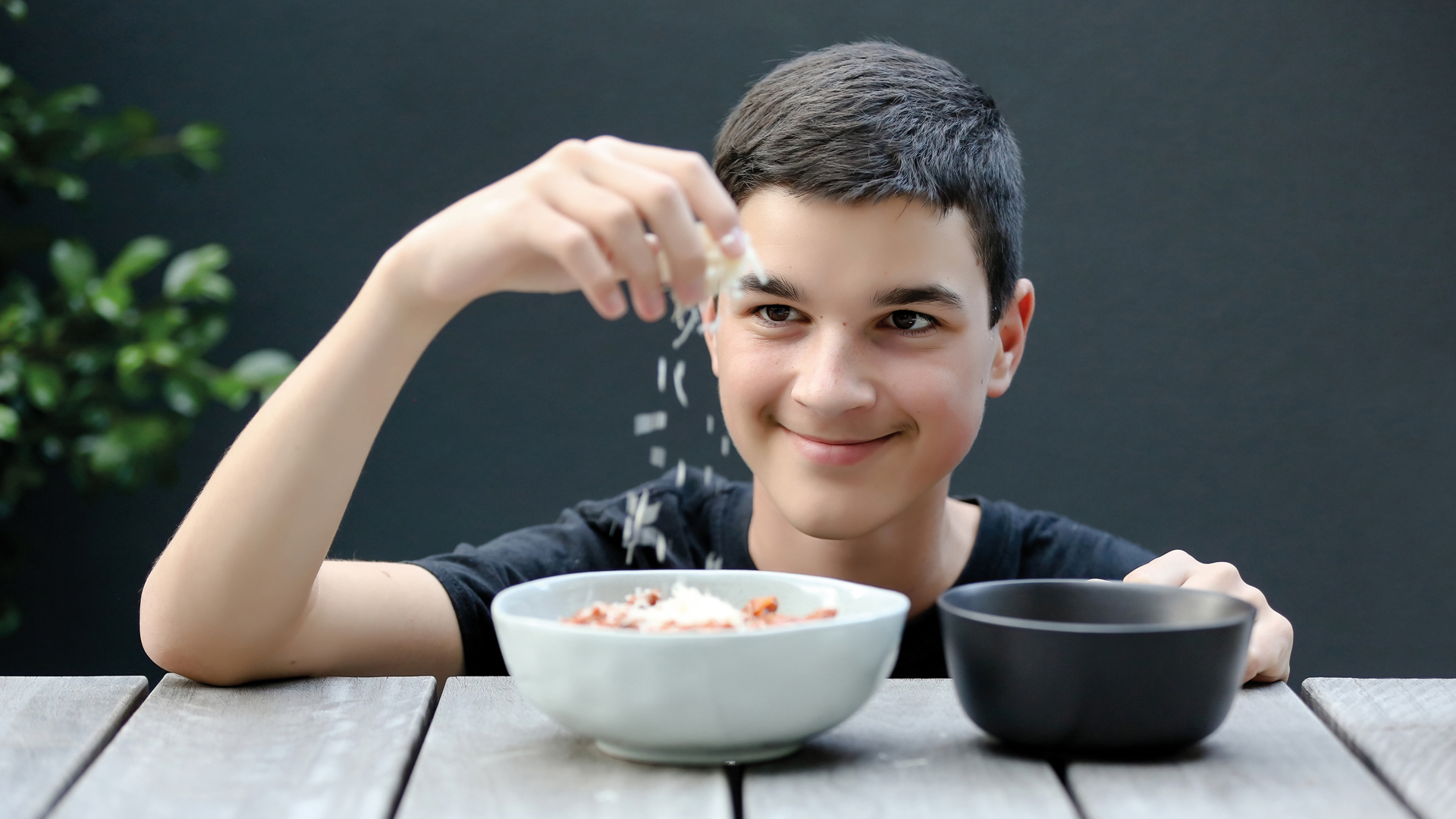
AN AUSSIE TEEN ON GROWING UP GLUTEN FREE
Diagnosed with coeliac disease at seven and now a teen entrepreneur, Isaac Tulemija shares how he handles everything from school to parties.
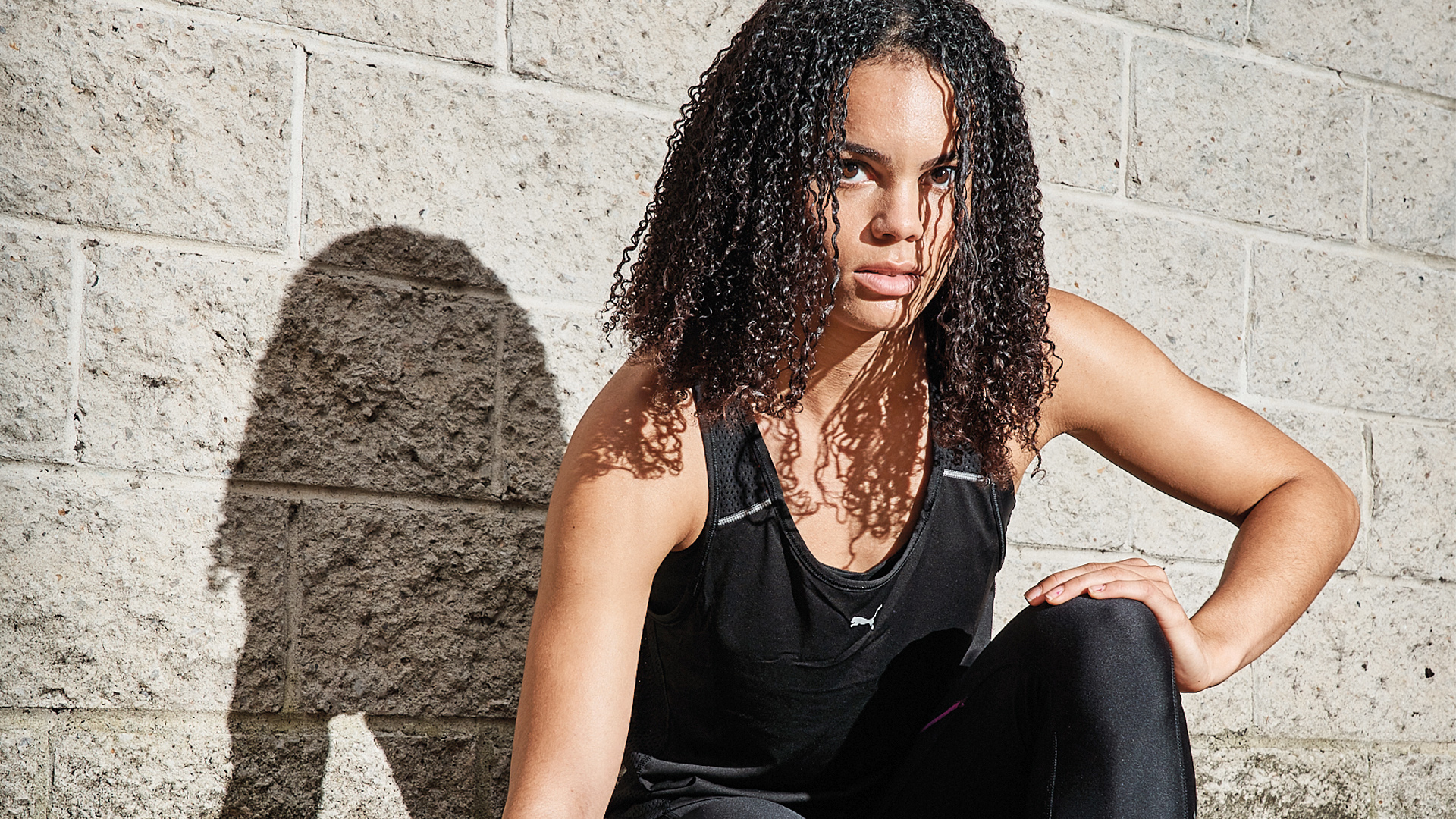
TORRIE’S AT TOP SPEED
Sprint sensation Torrie Lewis happens to have coeliac disease, but her diagnosis has fast tracked her success.
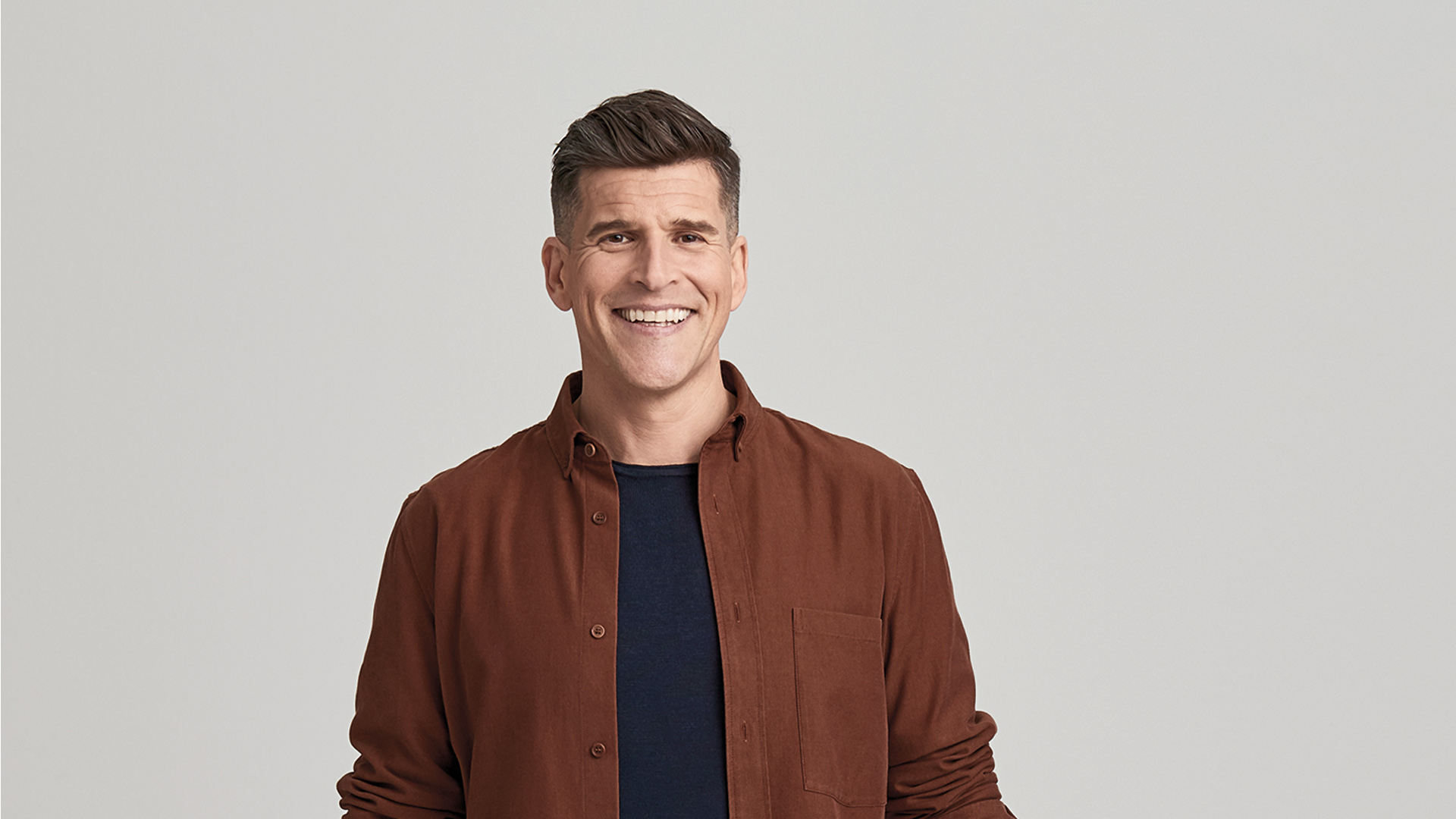
OSHER’S HEALING JOURNEY
The TV personality shares his health battles and how a coeliac disease diagnosis helped him back from the brink.
See more




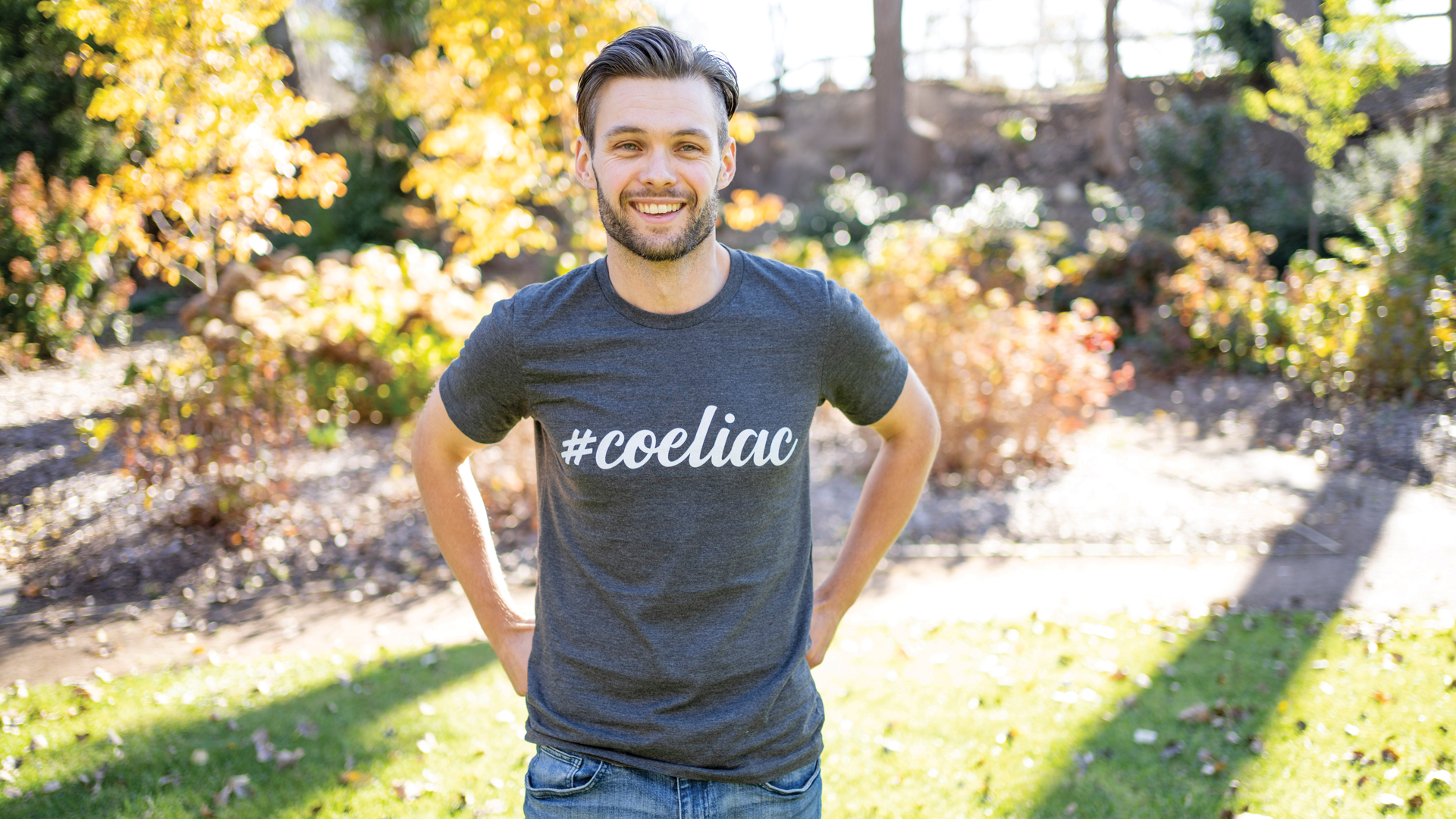




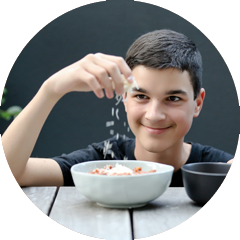
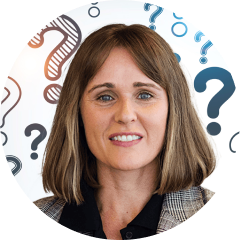



0 Comments